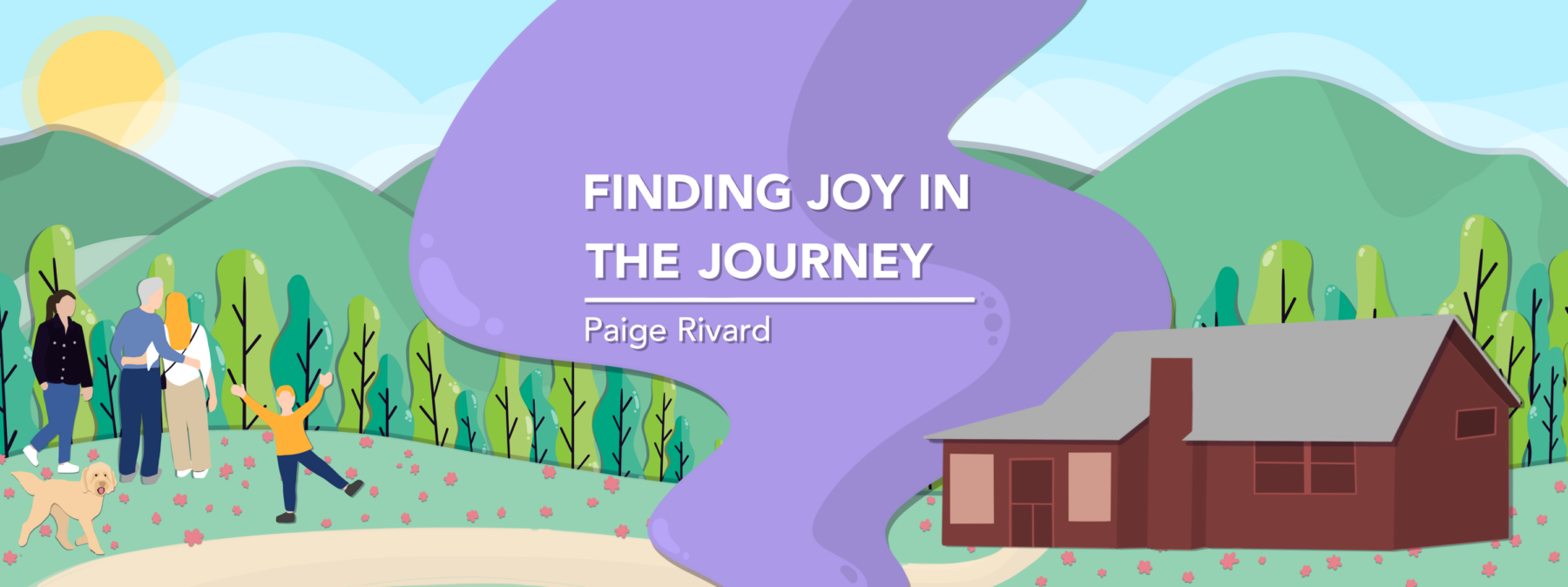How we foster independence in our son with Prader-Willi syndrome
The key is to empower him while also ensuring his safety
Written by |

Thinking about potential independence for my 15-year-old son, Jake, who has Prader-Willi syndrome (PWS), brings mixed emotions. He faces unique challenges, but he also has unique opportunities.
It’s natural to feel both pride and apprehension when your child expresses desire to do things on their own — especially if you once believed independence would be out of reach. But with PWS, there are many factors to consider.
One way we’ve been able to foster Jake’s independence is through his participation in Scouts. This summer brought a first for all of us.
In June, Jake attended Scouting America’s National Youth Leadership Training course. Initially, he’d requested to participate in this week of camp independently. While we wanted to help him do so, we knew total independence wouldn’t be possible.
So with careful planning and discussion, we landed on an agreement: Jake could enjoy time with his troop during the day, and in the evening, my husband would attend camp with him. That way, Jake had parental support during activities such as dinner, administration of his nightly growth hormone shot, and ensuring he slept with his CPAP machine, which he needs for his sleep apnea.
While that was a big step for all of us, Jake thrived, and camp leaders shared how impressed they were.
This wonderful experience wouldn’t have happened without careful planning, the support of his troop and camp leaders, and our ability to let go and allow our son to try something new.
Balancing independence and safety in PWS
As they grow, teens seek more autonomy, and our son with PWS is no different. He wants to make choices, participate in new activities, and have a say in his life. However, the health and safety risks associated with PWS — such as food-seeking behaviors, difficulty with emotional regulation, and struggles with abstract concepts like time and money — mean that independence must be carefully considered.
The key is to find a balance between fostering independence and ensuring safety. For many families like ours, that balance means:
- Gradually increasing responsibilities. Start with small, manageable tasks that can be completed with supervision. With Jake, we started by helping him with daily chores, such as unloading the dishwasher, clearing his plate from the table, doing laundry, and making his bed.
- Setting clear rules and boundaries. It’s critical to maintain consistent rules while also allowing choices.
- Positive reinforcement. We try to celebrate every success, no matter how small. Positive feedback builds Jake’s self-esteem and encourages further independence.
The teenage years can be emotional, especially for those with PWS. They may struggle with friendships, feel isolated, or experience anxiety. I believe encouraging our son to participate in special needs baseball, Scouts, and other community activities has proven beneficial, both socially and emotionally.
Finally, our son’s desire for independence is a positive sign of growth and self-awareness, and we’re so happy for him. While full independence may not be possible because of the nature and symptoms of PWS, meaningful strides can be taken with the right support. We’re also hopeful that with more research and new treatments, such as Vykat XR (diazoxide choline), our son will experience more and more independence.
We enjoy each day, celebrate progress, and encourage Jake to pursue his passions. Each phase of independence, no matter how small, can make all the difference in his self-esteem and lead to a joyful and fulfilling life!
Note: Prader-Willi Syndrome News is strictly a news and information website about the disease. It does not provide medical advice, diagnosis, or treatment. This content is not intended to be a substitute for professional medical advice, diagnosis, or treatment. Always seek the advice of your physician or other qualified health provider with any questions you may have regarding a medical condition. Never disregard professional medical advice or delay in seeking it because of something you have read on this website. The opinions expressed in this column are not those of Prader-Willi Syndrome News or its parent company, Bionews, and are intended to spark discussion about issues pertaining to Prader-Willi syndrome.






Leave a comment
Fill in the required fields to post. Your email address will not be published.